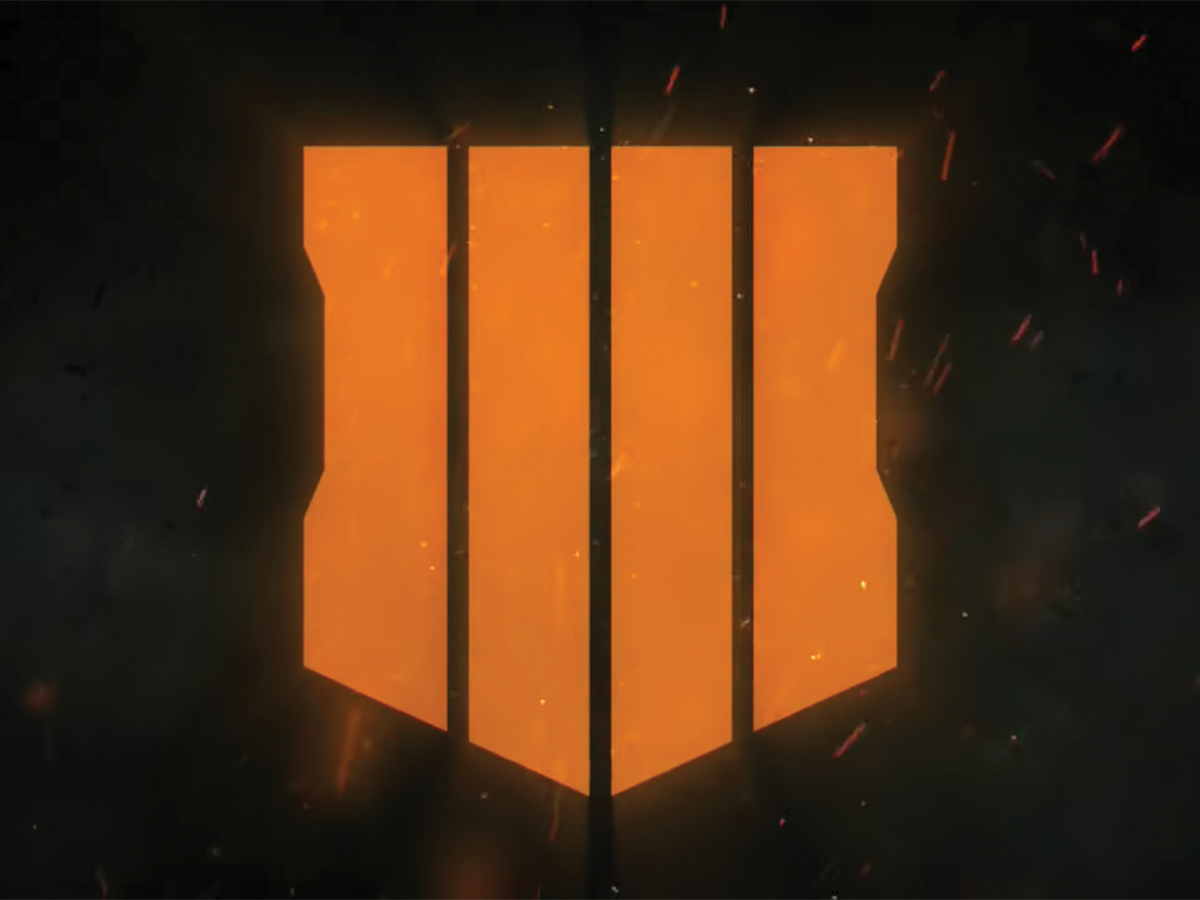There’s a running joke among fans of the “Call of Duty” franchise that players worth their salt don’t bother with the campaign or, at the very least, that engaging with the mode is an afterthought contra the massively popular modes of multiplayer and zombies. For a while though, the series’ single-player mode was highly regarded for its thrilling setpieces a la Hollywood blockbusters and an assortment of memorable, if simple, characters. The short and sweet of this is, essentially, that Activision’s got the online multiplayer gameplay loop down to a science, despite relapses in game balance. Most gamers simply can’t be bothered for a story-driven experience that veers from this formula.

While hero shooters (read: “Overwatch” and its imitators) have emerged to popularity in recent years, no other subgenre than the recently booming battle royale shooter has come close to dethroning “Call of Duty” as the most profitable, most played title. Given the success of “PlayerUnknown’s Battlegrounds” and “Fortnite: Battle Royale,” the rumors that Activision’s top-selling property might be abandoning its single-player campaign in favor of a battle royale raises no brows.

A report form Polygon speculates that the upcoming title in the “Call of Duty” series, “Black Ops IIII” (not “IV,” “IIII,” don’t ask why), scrapped its long-running single-player mode late in development. Their sources say that in lieu of a traditional single-player mode, greater emphasis has been placed on strengthening multiplayer and zombies as well as inserting a battle royale mode come launch date. Paired with the plausibility of a multiplayer-less “Modern Warfare 2” remaster, the future of “Call of Duty” is taking unexpected twists and turns that could potentially influence other developers’ and publishers’ game release strategies.
This isn’t really surprising, but upsetting nonetheless. On one hand, dropping campaign is a blow that most of “Call of Duty” players won’t hurt from, and multiplayer and zombies could greatly use some more refinement. But considering “Call of Duty’”s place in the gaming industry as console players’ mainstay casual shooter, they’re setting an example to other publishers that this strategy is the way to go for profit margins. “Fortnite” is only getting bigger in player base and relevancy, and as the genre develops, it’s not unwise for Activision to take the series in this direction. Time will only tell how (if at all) they choose to innovate within the genre.
What effects, other than inspiring a wave of franchises adopting a battle royale mode to their new installments a la wave-based horde modes post-“Gears of War,” this may have on the gaming industry more broadly is yet to be seen though it’s safe to say the days of the modern military shooter patriarch are near gone. Health bars, not regenerating health, prerequisite battle royales and the clashing between “Call of Duty’”s gameplay philosophies and the last-man-standing bloodbath is something very intriguing, conflicting even.
At best, the battle royale mode purportedly developed by Raven Software will be a high production value game — perhaps not likely to implement groundbreaking tweaks to the battle royale formula but technically sound and responsive. The worst effect, which unfortunately has been a trend in past years, will likely be that story modes as a whole will drop off in numbers. Games-for-profit designs are more worthwhile to publishers like Activision or Epic, leaving narratively satisfying experiences a relic of a different time in gaming. A flooded market of battle royales distinguished only on the micro level is sure to follow (and a fatigue along with it).
There’s only so much speculation can accomplish though, and the “Black Ops IIII” reveal on May 17 is sure to leave plenty to discuss, like a tangible setting and aesthetic and the upcoming “Modern Warfare 2” remaster. This news comes around the same time that anxieties about the future of online gaming in the wake of “Fornite’”s celebrity status trigger waves of anti-battle royale sentiment, especially as new modes for existing properties. For people still interested in the series, it may be interesting so far as you’re willing to play it; for everyone else, Activision’s moves will determine a lot of the change we’re bound to be witnessing in the coming years of the industry both large-scale and indie.








